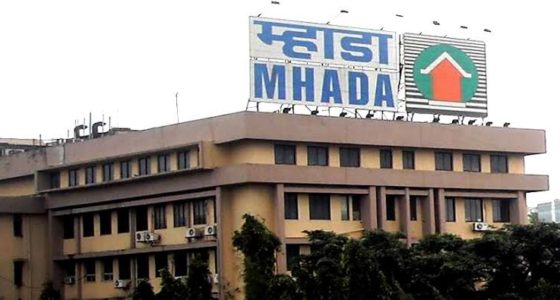The debate between renting and buying a home in urban India intensifies as more residents flock to metropolitan areas, evaluating their housing options amid rising rental and capital values. A recent analysis by ANAROCK Research reveals significant trends in key micro-markets of the top seven cities, indicating that rental values have outpaced capital appreciation in certain locations.
According to the report, average residential rentals across these cities have surged by as much as 72% between the end of 2021 and the first half of 2024, while capital values have experienced lower growth rates. Notably, in Bengaluru, Sarjapur Road witnessed a staggering 67% increase in average monthly rentals, compared to a 54% rise in capital values. Similarly, Pune’s Hinjewadi saw rental values climb by 52%, whereas capital values rose just 31%.
Conversely, in regions like the National Capital Region (NCR), Mumbai Metropolitan Region (MMR), and Hyderabad, capital values have outpaced rental growth. For instance, Sohna Road in NCR saw rental values increase by 40% while capital values jumped 54%. In Hyderabad’s HITECH City, rental growth was 46%, but capital appreciation reached 59%.
Dr. Prashant Thakur, Regional Director and Head of Research at ANAROCK Group, stated, “The analysis shows a clear divergence in rental and capital growth trends across various cities. While Bengaluru, Pune, Kolkata, and Chennai are witnessing stronger rental growth, markets in NCR, MMR, and Hyderabad are seeing capital values appreciate more significantly.”
Key Findings
- Bengaluru’s Sarjapur Road: Rentals rose by 67%, capital values by 54%.
- Pune’s Hinjewadi: Rentals increased by 52%, while capital values went up by only 31%.
- NCR’s Sohna Road: Rentals grew by 40%, capital values by 54%.
- Hyderabad’s HITECH City: Rentals increased by 46%, but capital values appreciated by 59%.
Dr. Thakur emphasized that while these data points are crucial in guiding decisions between renting and buying, they represent just one aspect of a multifaceted evaluation. Factors such as job stability, financial situation, lifestyle preferences, and long-term plans significantly influence individual choices.
For example, a potential homebuyer in Bengaluru considering a standard 2 BHK worth INR 1.2 crore with a monthly rent of INR 50,000 faces a dilemma. If they opt to rent, they could end up paying nearly INR 83 lakh over ten years, which is a substantial cost without any asset ownership.
In contrast, purchasing the property with a 20% down payment financed through a home loan could lead to long-term financial benefits, including asset ownership and various tax deductions.
The desire for homeownership has gained momentum, particularly following the COVID-19 pandemic, as many view property ownership as a safeguard against economic uncertainty. Current home loan interest rates, averaging between 8.75% and 9.5%, further support this trend.
As individuals weigh their options, the decision to rent or buy remains deeply personal and contextual, influenced by market conditions and individual circumstances. Dr. Thakur concludes, “Understanding personal preferences and the local market dynamics is essential when navigating the rent versus buy conundrum.”









